On the 10th anniversary of the Truth and Reconciliation Commission of Canada’s “Final Report,” Canada Newsroom of The Church of Jesus Christ of Latter-day Saints looks back at 10 stories that honour and celebrate Indigenous communities and Indigenous Church members.
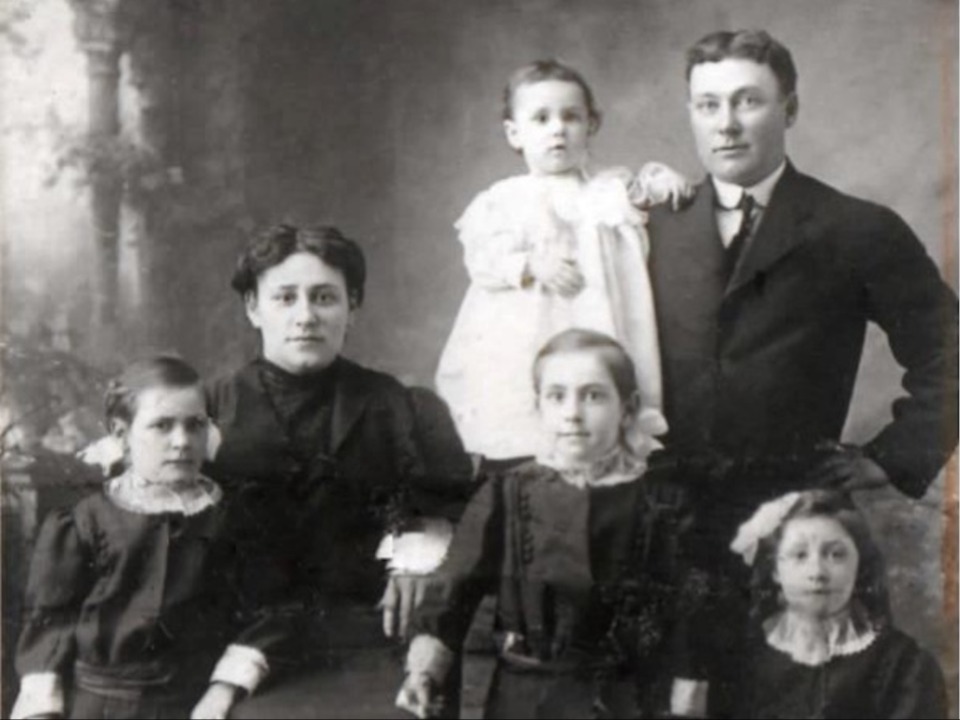
Reflections on National Day for Truth and Reconciliation
Former Elder David G. LaFrance and his wife, Sister Lori LaFrance, share their thoughts about National Day for Truth and Reconciliation. “It is a day to honour the survivors, families and communities affected by the residential school system,” noted Elder LaFrance. “This day holds significance as it encourages reflection, education and action toward healing and reconciliation.”
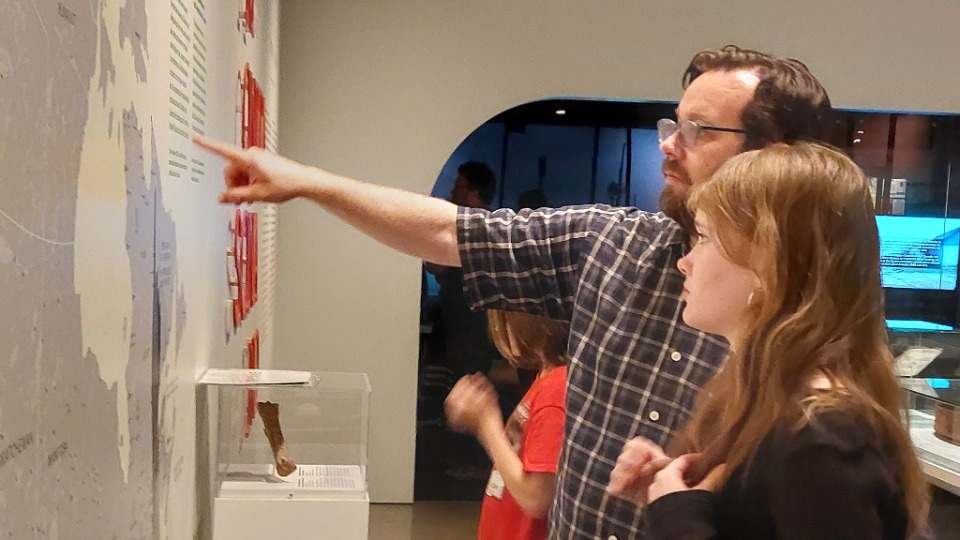 DOWNLOAD
DOWNLOADWhat Latter-day Saint Youth in Montreal Discovered on National Indigenous Peoples Day
To celebrate National Indigenous Peoples Day in 2023, youth from the Montreal Ward of The Church of Jesus Christ of Latter-day Saints spent the evening visiting the permanent exhibition “Indigenous Voices of Today” at the McCord Stewart Museum in Montreal, Quebec. Visiting the exhibit allowed the youth a chance to learn more about Indigenous knowledge, hear inspiring stories through texts and videos from members of Indigenous nations and develop an appreciation for the incredible resilience of Indigenous peoples in Canada.
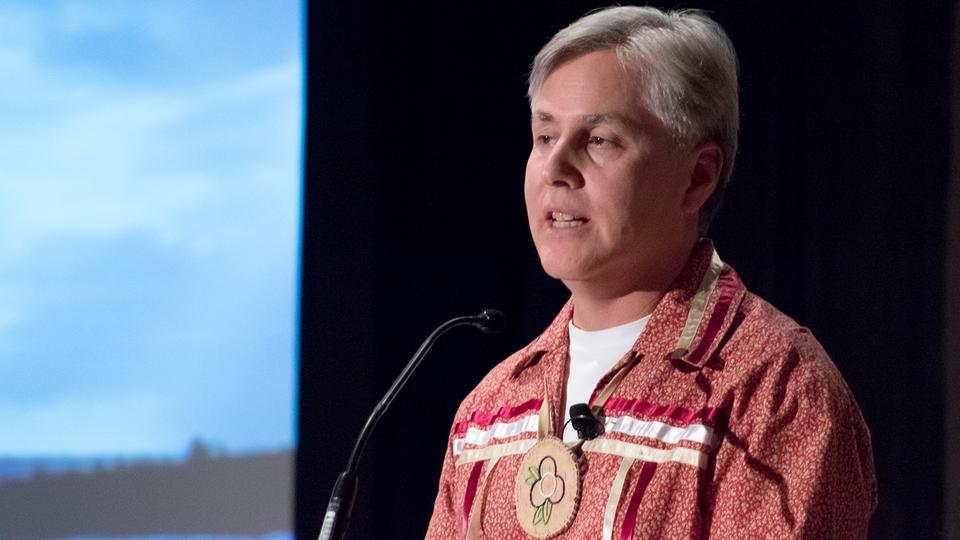 DOWNLOAD
DOWNLOADLatter-day Saint Professor John Borrows Contributes to Cardus’s ‘Indigenous Voices of Faith’
Professor John Borrows, a member of The Church of Jesus Christ of Latter-day Saints and an Indigenous scholar, shares his thoughts about faith in the booklet “Indigenous Voices of Faith.” Rev. Dr. Andrew Bennett, program director for faith communities at Cardus, describes the purpose of the “Indigenous Voices of Faith” project is “to affirm and to shed light on the religious freedom of Indigenous peoples to hold the beliefs and engage in the practices that they choose and to contextualize their faith within their own cultures.”
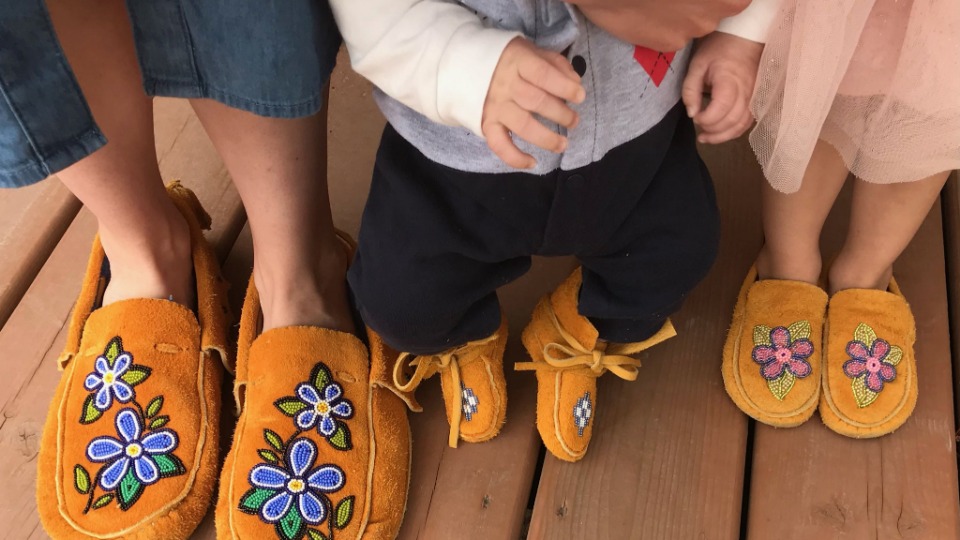
What Orange Shirt Day Teaches Us About the Second Great Commandment to ‘Love One Another’
Sam Urano has many identities. She is a lawyer, wife, mother of two, member of The Church of Jesus Christ of Latter-day Saints and member of the Métis Nation, with roots in the Red River Settlement in Manitoba.
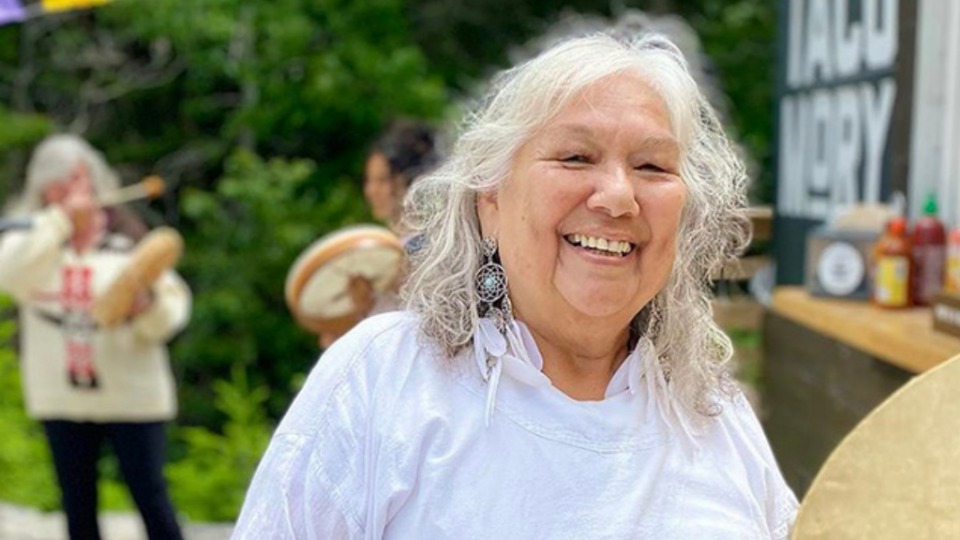 DOWNLOAD
DOWNLOADIndigenous Latter-day Saint Grandmother Tells Stories With a Moral
When Priscilla Yellowhead Tobey was growing up in Honey Harbour, Ontario, there was no National Indigenous Peoples Day to recognize and honour the rich culture and achievements of her Potawatomi and Ojibway nations, as well as all the other Indigenous peoples in Canada.
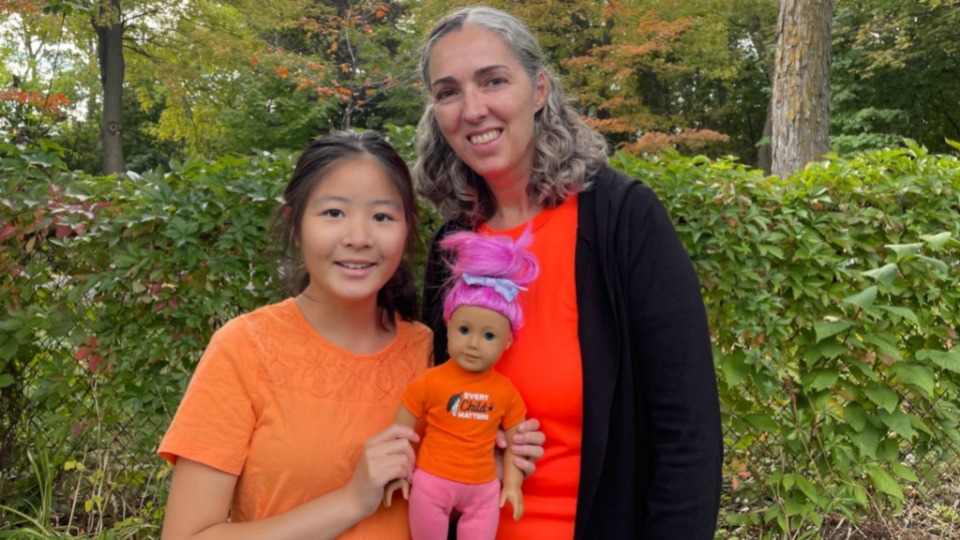 DOWNLOAD
DOWNLOADLatter-day Saints Mark Canada’s First National Day for Truth and Reconciliation — Orange Shirt Day
September 30, 2021, marked Canada’s first National Day for Truth and Reconciliation, also known as Orange Shirt Day. Members of The Church of Jesus Christ of Latter-day Saints joined with all Canadians in observing this day.
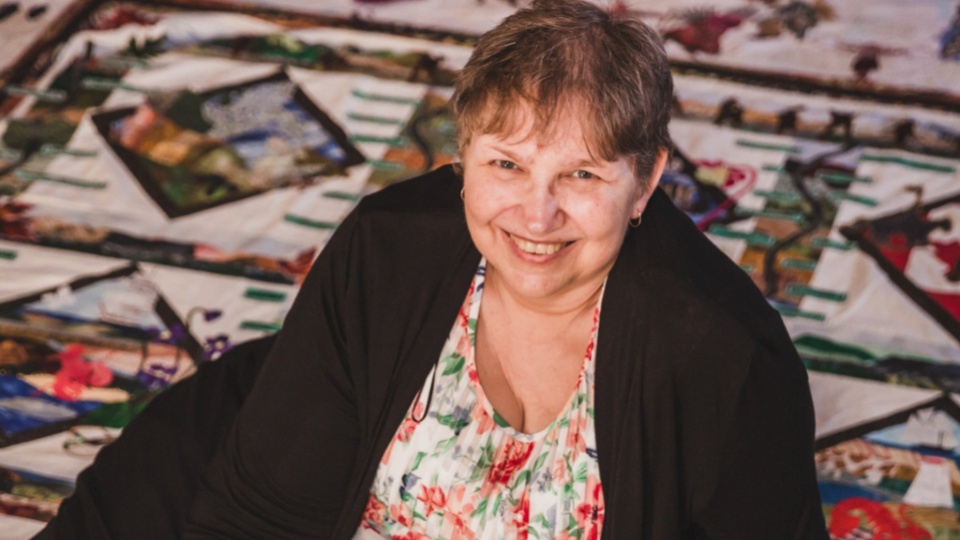 DOWNLOAD
DOWNLOADMétis Latter-day Saint Grandmother Creates Canadian Unity With Her Textile Artistry
Linda Shaver Angus, an accomplished Canadian artist and a member of The Church of Jesus Christ of Latter-day Saints in Abbotsford, British Columbia, completed her “Canadian Unity” quilt top in 2021. She considers it her highest artistic achievement, spanning a lifetime spent working with fabrics.
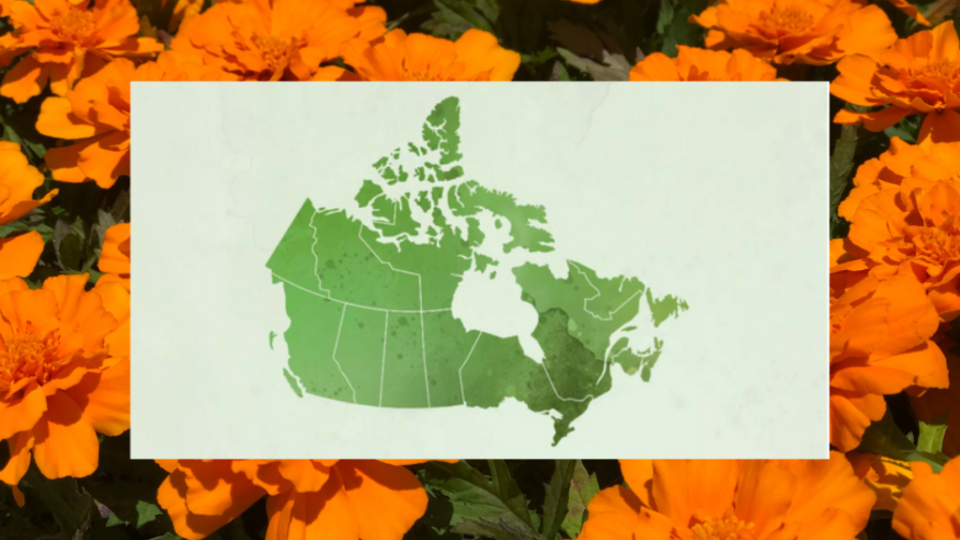 DOWNLOAD
DOWNLOADLatter-day Saints in Canada Celebrate National Indigenous Peoples Day
al Indigenous Peoples Day, an official day of celebration to recognize and honour the heritage, history, rich cultures and achievements of the First Nations, Métis and Inuit Peoples in Canada. Indigenous Peoples have traditionally gathered on this, the longest, day of the year (summer solstice) to pray, celebrate and give thanks for the season.
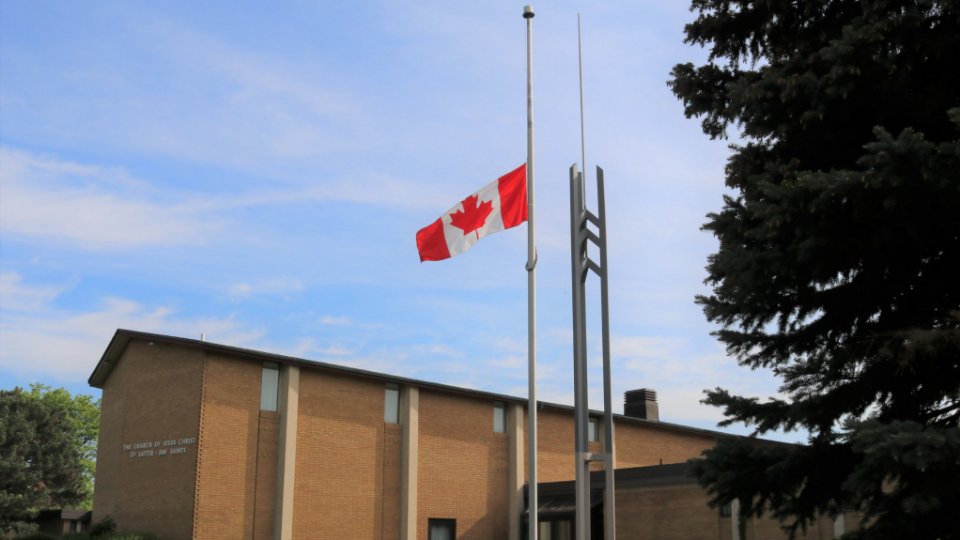 DOWNLOAD
DOWNLOADStatement Issued by Canadian Church Leadership Regarding Indigenous Tragedy
In 2021, the Canadian leadership of The Church of Jesus Christ of Latter-day Saints released a statement regarding the tragic discovery of Indigenous children’s remains upon the grounds of a former residential school in Kamloops, British Columbia.
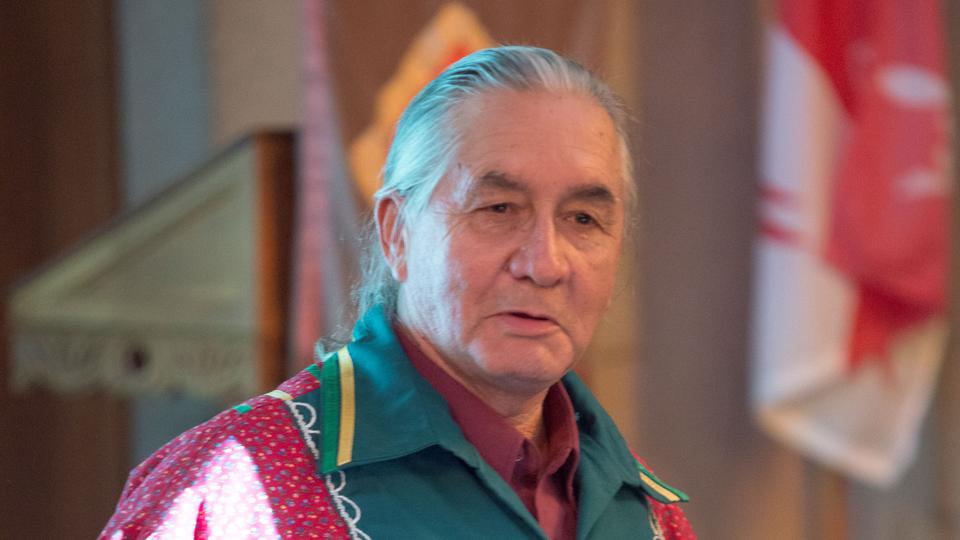 DOWNLOAD
DOWNLOADIn 2015, the Canadian government released the Truth and Reconciliation Commission’s recommendations — 94 “calls to action.” These calls to action were the result of six years of dialogue, the involvement of three commissioners and the collection of over 6,750 stories from residential school survivors and witnesses.